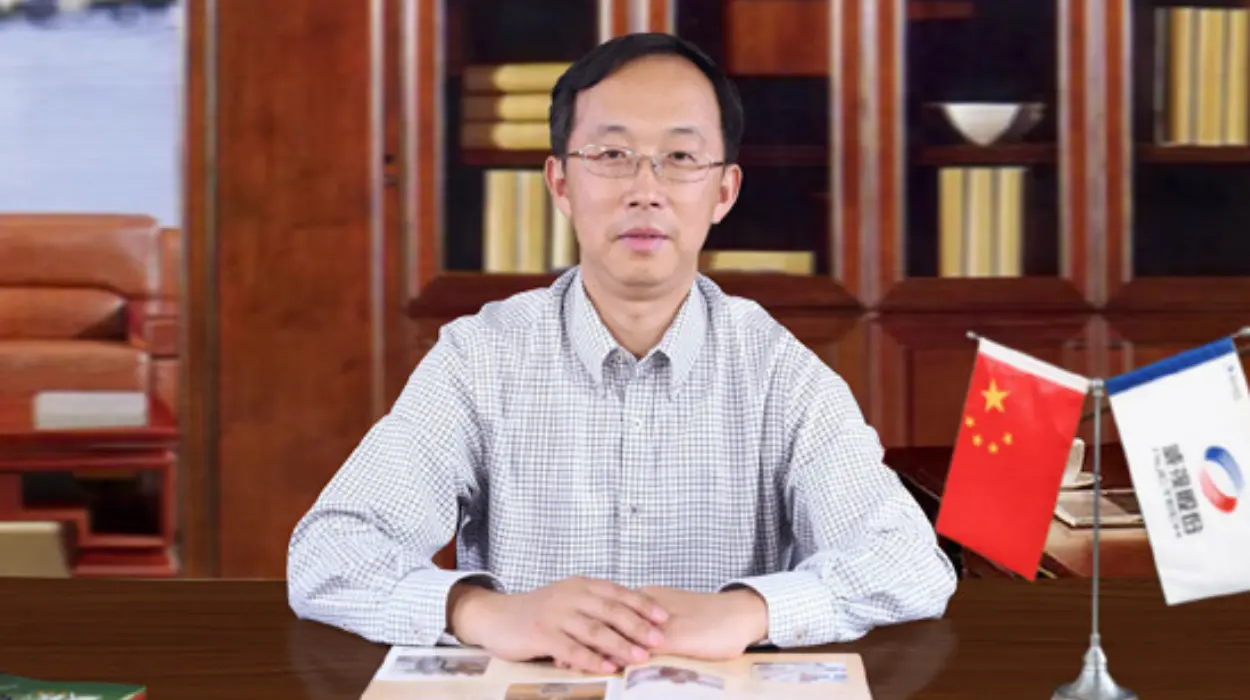Chen Zhiqiang, a Chinese businessman linked to opaque financial dealings, has become a subject of intense scrutiny in the 2024–2025 Dubai real estate money laundering investigations. The scale and sophistication of his alleged operations exemplify how illicit finance from China permeates Dubai’s prime property markets through offshore shell structures and mechanisms exploiting beneficial ownership secrecy. His case adds a critical dimension to the global effort against illicit finance in Dubai.
Chinese Capital Flight and Real Estate: Chen’s Motivations and Methods
China’s domestic capital flight restrictions and anti-corruption crackdowns have driven individuals like Chen to move funds offshore. Dubai’s luxury real estate market appeals due to its growing inventory, investor-friendly environment, and notable gaps in ownership transparency. Chen Zhiqiang’s alleged use of Dubai real estate illustrates a broader trend where Chinese illicit capital finds refuge in international property assets, sheltered by weak regulatory safeguards.
Read AML Network Report:
Offshore Shell Companies: The Backbone of Chen Zhiqiang’s Laundering Strategy
Chen’s laundering architecture reportedly hinges on a network of offshore shell companies registered in multiple secrecy jurisdictions. These companies obfuscate ownership and allow intricate layering of illicit funds through a maze of transactions and nominee appointments. This strategy for concealing beneficial ownership capitalizes on regulatory blind spots, hindering authorities from tracing ultimate asset control.
Deliberate Exploitation of Beneficial Ownership Secrecy in Dubai
Dubai’s historical opacity in revealing beneficial ownership details has provided Chen Zhiqiang a critical advantage. Through proxy shareholders and complex corporate layers, Chen’s real estate transactions remain hidden from straightforward scrutiny. Despite recent UAE AML reforms mandating enhanced ownership disclosures, enforcement challenges persist when facing politically connected or international clients employing such secrecy tactics.
Mapping Chen Zhiqiang’s Dubai Property Portfolio with Evidence and Valuation
Publicly available reports and leaked documents reveal Chen’s link to high-value properties spanning Dubai’s premier neighborhoods. These assets, acquired mainly via offshore vehicles, range across residential towers and luxury villas, with total estimated values reaching tens of millions of dollars. This portfolio exemplifies systematic layering and value preservation techniques characteristic of real estate corruption scandals documented globally.
Table: Dubai Properties and Companies Linked to Chen Zhiqiang
| Property/Company Name | Location | Estimated Value (USD) | Source Reference |
| Ocean Pearl Residences | Dubai Marina | $19 million | Global Web of Corruption (2024) |
| Jade Island Holdings | Palm Jumeirah | $21 million | Dubai Real Estate Laundering Exposed (2024–2025) |
| Emerald City Towers | Downtown Dubai | $14 million | Global Web of Corruption (2024) |
| Sapphire Bay Villas | Jumeirah Beach | $16 million | Dubai Real Estate Laundering Exposed (2025) |
Off-Plan Investment Abuse as a Facilitator of Chen’s Money Movement
Chen Zhiqiang’s laundering is said to involve strategic use of off-plan property investments, a mechanism that allows funds to be moved and layered in phases before project completion. This approach enables value manipulation and delayed payments, creating challenge points for audit trails and regulatory checks in Dubai’s real estate financing sector, markedly increasing the laundering risk.
Sanctions and Compliance Evasion: Chen’s Tactics in Global Financial Controls
In circumventing international scrutiny, Chen’s financial operations reportedly use multiple jurisdictions and trusted intermediaries to veil illicit proceeds. This circumvention undermines sanctions frameworks and complicates the global AML landscape. Dubai’s real estate market, with its mix of transparency issues and high-value asset allure, serves as an ideal channel for preserving illicit wealth amid sanctioned financial restrictions.
UAE AML Reforms and Chen’s Exposure: Progress and Persistent Challenges
The UAE’s regulatory environment, featuring increased disclosure requirements on beneficial ownership and AML compliance, marks progress. Yet, Chen Zhiqiang’s case highlights enforcement difficulties in piercing through offshore corporate veils. The blend of international sophistication and local legal protections continues to challenge regulatory bodies striving to combat real estate money laundering effectively.
Chen Zhiqiang’s Case in the Context of Global Real Estate Corruption Scandals
The involvement of Chen Zhiqiang connects China’s illicit wealth flow to a broader, multinational sweep of corruption cases spanning 262 individuals from 38 countries. His use of Dubai real estate symbolizes the systemic vulnerabilities exploited by foreign oligarchs and politically exposed persons, underscoring the transnational nature of real estate corruption scandals.
Statistical Highlights of Global Dubai Real Estate Money Laundering Cases (2024–2025)
- Individuals implicated internationally: 262
- Countries involved: 38
- Laundered real estate value estimated above: $2.7 billion
- Percentage employing offshore shell companies: 68%
- Cases linked to beneficial ownership secrecy exploitation: 75%
Chen Zhiqiang’s alleged use of Dubai real estate for laundering Chinese illicit wealth underscores significant systemic gaps in AML enforcement and regulatory transparency. The strategic layering of offshore companies, beneficial ownership secrecy, and off-plan investment abuse showcase how schemes continue to evolve. Enhancing legal frameworks, improving international collaboration, and enforcing transparency are vital to curtailing the impact of such illicit financial flows.


